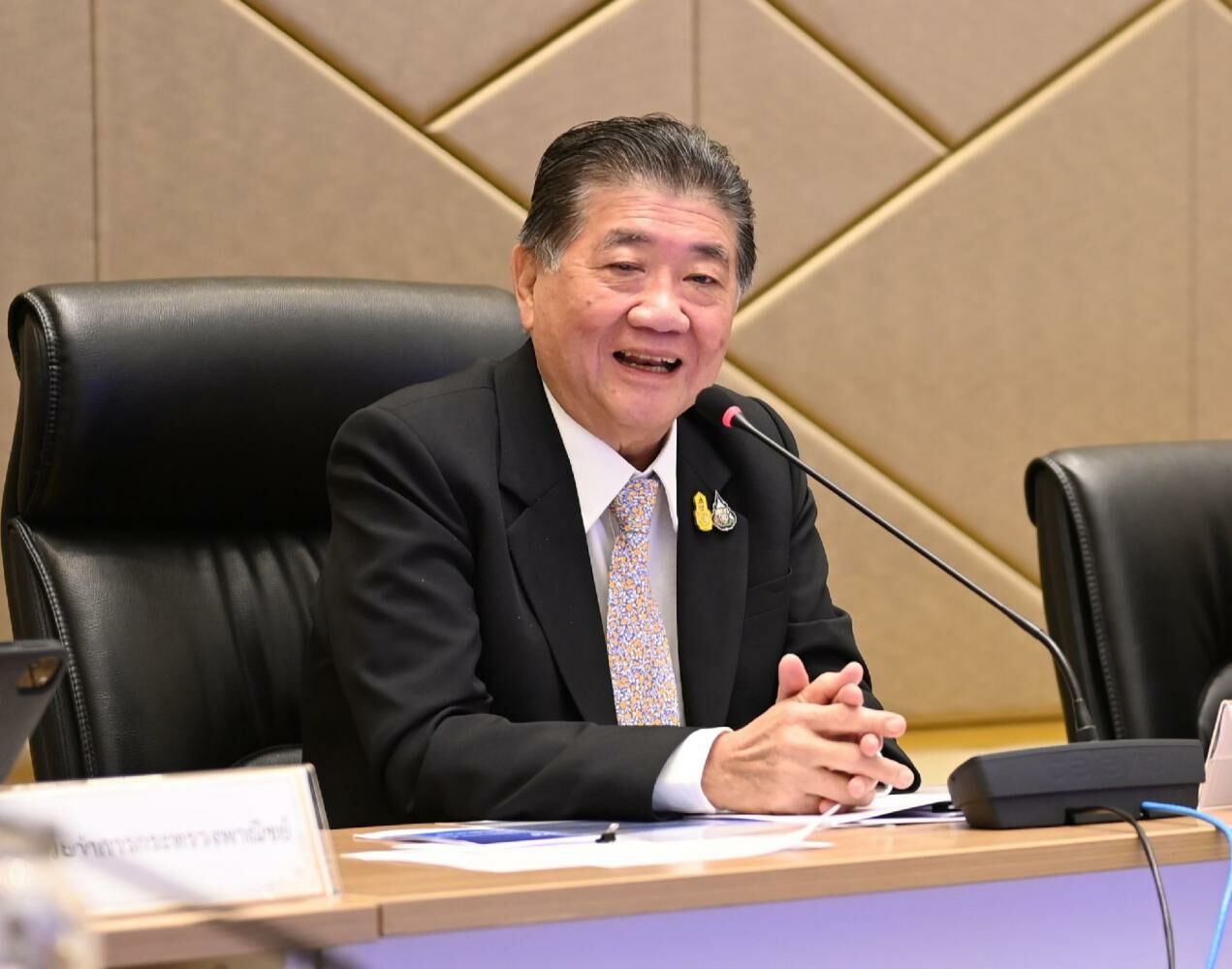Thai government’s triple referendum approach under scrutiny

The Cabinet will acknowledge the government’s stance on a triple referendum as a part of the process to amend the entire charter next week, according to Deputy Prime Minister and Commerce Minister Phumtham Wechayachai. Phumtham asserted that despite being a protracted process, three referenda would ensure a judicious approach.
However, critics have raised concerns that organising the triple referendum, each costing approximately 3 billion baht, would be excessively expensive, time-consuming and present a barrier.
Phumtham, also the chair of a panel studying the necessity of a referendum to amend the charter, revealed that the panel is finalising its work and will present it to the Cabinet the following week. The Cabinet will be made aware of the panel’s recommendation for three referenda.
“That stance remains unchanged. We must be thorough about it.”
The initial referendum will seek voter’s opinions on the proposal to draft a new charter. If the majority agree, Section 256 will be amended to make way for a new charter to be drafted. Once the new charter is ready, it will be presented in another referendum for voters to decide whether it should be implemented.
The Phumtham-led panel maintained its stance even after the Constitutional Court rejected a petition by Parliament earlier this week. The petition sought a ruling on whether the charter could be amended before a referendum and the total number of referenda to be held. It also sought a ruling on whether a proposed charter amendment motion could be deliberated on Parliament’s agenda.
According to the judges, they had already ruled on the matter, stating that the Parliament president can place the matter on the agenda. The court had previously asserted that a charter rewrite could not proceed without a prior referendum. It also stated that changing critical areas of the charter or amending it in its entirety, requires a prior favourable referendum vote. However, the ruling did not specify the exact number of referenda needed.
Next steps
Phumtham denied allegations that the government was procrastinating. He insisted that the panel wanted to proceed with a degree of certainty that further disruptions would not occur during the rewriting process.
“We’re opting for the safest option. This is so we don’t find ourselves having to go back to square one.”
Phumtham acknowledged that the three-referendum option may not appease everyone but asserted that it is favourable to democracy. Concurrently, Chusak Sirinil, a legal expert and deputy leader of the ruling Pheu Thai Party, noted the responsibility now lies with House Speaker Wan Muhamad Noor Matha, following the court’s rejection on Wednesday, reported Bangkok Post.
It is up to Wan Noor to decide the next steps for rewriting the charter. Parliament had previously declined to put the issue on its agenda, which is a requisite to commence the amendment process.
Latest Thailand News
Follow The Thaiger on Google News:


























